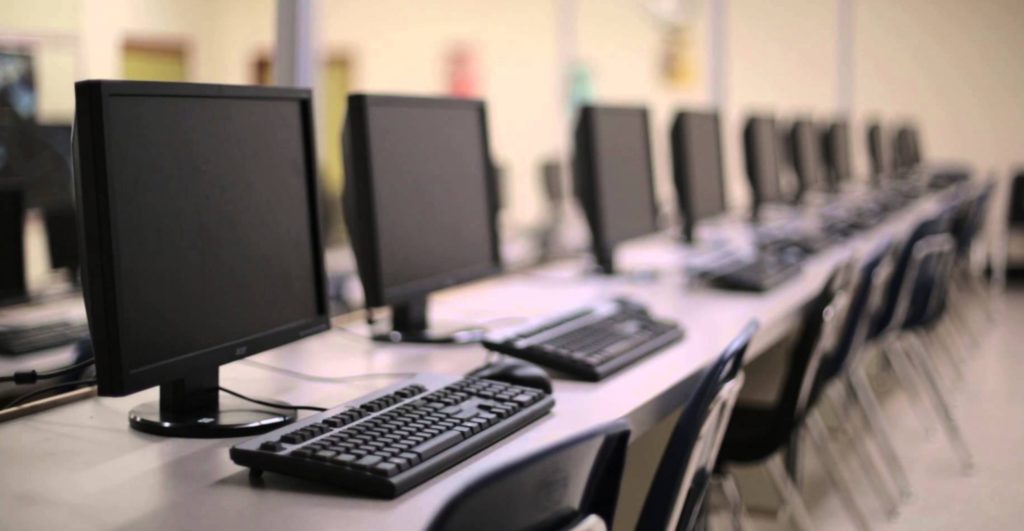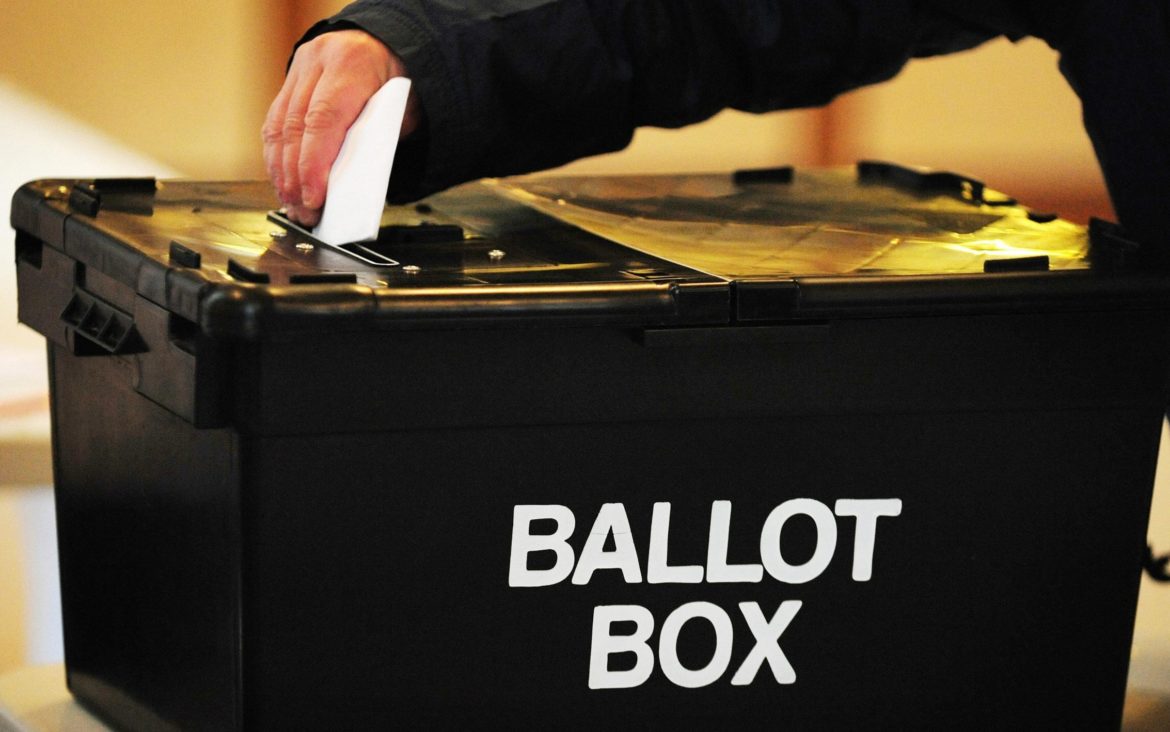
Monitoring group, Who Targets Me, identified nine non-party groups that spent £300,000 on Facebook ads in the month before the poll.
Research identified a Facebook Group in Dudley which built followers by posting local news which hosted a large amount of anti-Labour and anti-Jeremy Corbyn content.
“Comments” were then used to organise protests against his visit to a local pensioners’ club during the campaign producing this Sun headline: Jeremy Corbyn heckled as ‘dirty IRA scum’ when he arrives in key Dudley marginal.
That Dudley Facebook Group hasn’t posted since…
Labour Together 2019 general election review
Symptomatic weaknesses included:
- An insufficient commitment to try new messages.
- Senior level focus on limited metrics such as number of shares.
- Continued focus by MPs and candidates on Twitter, despite the far greater importance of Facebook, Instagram and Whatsapp. Support among Hindu voters fell significantly due to the extensive sharing of anti-Labour content on Whatsapp groups.
Labour’s online campaigning suffered from poor internal co-ordination. Because of the number of people involved in producing or approving content a confused message emerged.
The Conservative’s use of professionals to help candidates’ social media campaigning in key areas, was a key success ingredient.
Labour’s online supporters did not reach or win over a wide enough range of voters. There was not a strong strategy for creating content likely to be shared with broader audiences. Twitter issues, such as anti-Semitism and criticism of the BBC, hindered winning new supporters.
REPORTS CONCLUSIONS AND FINDINGS
While the Tories learnt from their 2017 failure Labour had not invested in it or tested strategy, tactics or messages before the election.
Online campaigning was hamstrung because it was siloed off, rather than centrally integrated.
A renewed “tough-on-crime” or firmer anti-immigration stance would see a greater vote share – but no better than in 2017
Labour Together 2019 general election review
Poor internal co-ordination, exacerbated by factional tensions, resulted in slow, inconsistent decision-making and an inability to act quickly.
Not enough was done to rebut attacks against the leadership, our Brexit position, or to reassure people about our policies and plans for the country.
Digital infrastructure was underfunded and inadequate. Candidates and local party campaigners found it very difficult to access and use the tools or support needed to wage the online campaign. Some systems were creaking in 2017, but issues went unresolved.
The party’s social media channels became simply an additional broadcast platform rather than a tool for targeting, engaging and persuading voters.
Labour’s supporters online spent too much of the campaign talking to themselves rather than reaching out to swing voters.
The report says the options available if the party hopes to win again: a renewed “tough-on-crime” emphasis or a firmer anti-immigration stance, would see Labour improve on its 2019 vote share, but it would fail to deliver above the 2017 result.
Subscribe
Click here for a secure way to sign up, you will be supporting independent news. Click the button below.
Your Opinions
Disagree with this article? why not write in and you can have your say? email us




